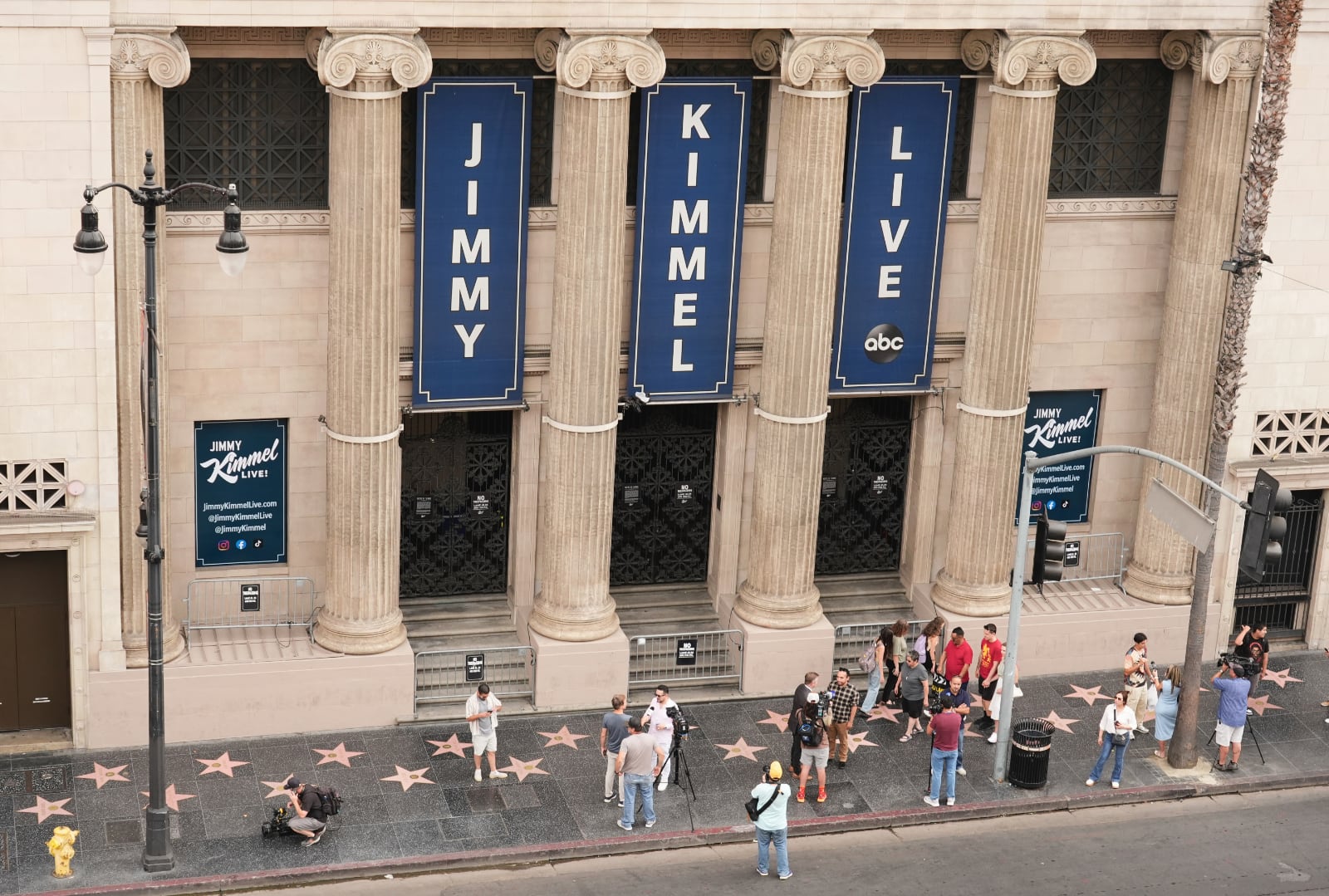If you flipped to KAMC (Lubbock’s ABC affiliate) this week expecting Jimmy Kimmel Live, you met a corporate brick wall. Nexstar, the company that owns KLBK (CBS) and provides services to KAMC through a Mission Broadcasting arrangement, announced it would preempt Kimmel on its ABC affiliates “indefinitely.” Within hours, ABC itself suspended the show. In Lubbock, that meant late-night changed not because of ratings or local demand, but because a national broadcaster and the federal government turned up the heat.
What actually happened (and when)
- Sept. 17, 2025: Nexstar issues a press release saying all of its owned/partner ABC affiliates will replace Kimmel “for the foreseeable future,” calling his recent on-air comments about Charlie Kirk’s killing “offensive and insensitive.”
- That same day, ABC suspends the show. Multiple outlets framed the move as a reaction to mounting pressure, both from Nexstar’s affiliate revolt and from FCC chair Brendan Carr, who publicly warned broadcasters about “remedies” the FCC could pursue. Coverage also came from AP News, Washington Post, and Reuters.
The Lubbock angle: who decides what airs here?
Lubbock’s TV ecosystem is dominated by Nexstar Media Group, which owns KLBK (CBS) and runs KAMC (ABC) under a local marketing agreement with Mission Broadcasting. That means one Dallas-based company effectively sets the tone for two of our four big-network stations from a single building on University Avenue. When Nexstar tells its ABC affiliates to pull a show, that lands in Lubbock as a fait accompli – no town-hall, no local debate, just a schedule change.
KAMC’s own social feeds amplified the news that Kimmel was off the air; Nexstar, for its part, said it would slot in “other programming.” ABC and some affiliates indicated stopgap replacements (game-show reruns, syndicated fare) while the network “pre-empted” Kimmel across the board (WYFF-4).
“Pressure” wasn’t theoretical
What made this spiral so fast wasn’t just an angry press release. The FCC chair, Brendan Carr, publicly suggested there was “a path forward” for sanctions tied to Kimmel’s segment – language that station owners, who live and die by federal licenses and regulatory approvals, cannot ignore. Nexstar’s pullout gave that threat teeth: once the country’s largest station group walked, ABC faced a fractured network map and escalating regulatory risk. The network then announced an indefinite suspension. That’s not organic programming churn – that’s leverage.
Why this matters for Lubbock
- One company, two megaphones. Nexstar’s footprint here means Lubbock loses both a show (Kimmel on KAMC) and a real debate about it. The decision was corporate and upstream, not local.
- Chilling effect. When the FCC chair muses about “remedies,” that chills content far beyond one monologue, especially in smaller markets where stations can’t afford a legal fight.
- Public-interest fig leaf. Nexstar’s statement leans on “community standards” and “public interest.” But there was no survey of Lubbock viewers, no public forum, just a switch flip. If “community values” are the test, let the community speak.
The broader media moment (and how Lubbock fits)
Nationally, coverage has described Kimmel’s removal as an extraordinary case of political and regulatory pressure shaping programming, with President Trump praising ABC’s decision and commentators warning about a new, sharper edge to government-media fights. In that national drama, Lubbock was a proving ground: our ABC affiliate did exactly what its parent told it to do, and the network followed.
What Lubbock can do about it
- Ask KAMC and KLBK to show their work. If this was truly about “reflecting the community,” where’s the evidence from this community? Request the complaints, ratings data, and any internal standards review.
- Push for transparency on substitutions. What’s replacing Kimmel and why? For how long? Is there a timeline or criteria for restoration?
- Diversify your news diet. When one owner dominates multiple outlets, it’s on us to seek a mix of local and national sources, not just for politics, but for culture and entertainment too.
The bottom line
When a single national company controls two of our biggest local stations, Lubbock doesn’t really get a vote on what stays and what goes. Programming decisions are handed down from Dallas boardrooms and Washington regulators, not shaped by the people actually watching in West Texas. The result is less local voice, fewer choices, and diminished access to national shows that spark conversation. If outside influences can silence a late-night host overnight, what else might they take off our screens without asking us first?

